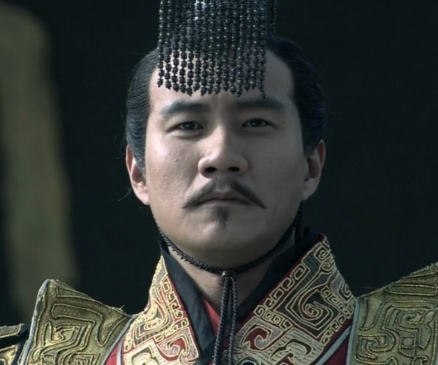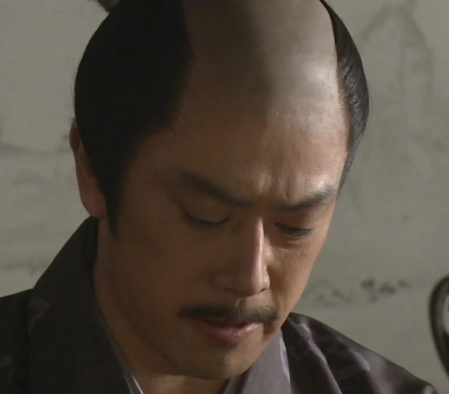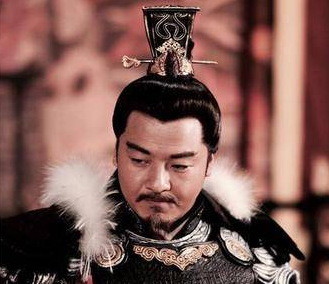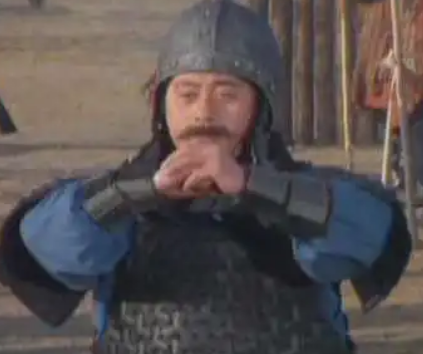In the modern history of China, there were four talented men known as the "Four Princes of the Republic of China", who were Zhang Bolv, Zhang Xueliang, Pu Tong, and Yuan Kewen. These four men, coming from prestigious families and talented, not only had significant influence in politics and culture, but their colorful life stories have also become a topic of great interest to later generations. This article will introduce the lives of these four princes and their historical backgrounds.

1. Zhang Bolv: Cultural Collector and Philanthropist
Zhang Bolv (1898-1982), styled Zishan and known as Daqian Resident, was a native of Shaoxing, Zhejiang. He was a renowned cultural collector, painter, calligrapher, and philanthropist. Born into a scholarly family, Zhang Bolv was exposed to fine culture from an early age. He had a profound interest and unique insight into ancient Chinese art, collecting a large number of precious cultural relics, paintings, and calligraphy. In philanthropy, Zhang Bolv was also an active contributor, donating funds to support education, medical causes, and other charitable efforts.
2. Zhang Xueliang: The Lord of the Northeast and a Pivotal Figure in Historical Turning Points
Zhang Xueliang (1901-2001), styled Hanqing, was a native of Hailicheng, Liaoning, and the son of the famous Northeast Army general Zhang Zuolin. He inherited his father's position at a young age and was known as the "Lord of the Northeast". Zhang Xueliang is most famous for his role in the Xi'an Incident in 1936, which led to the cooperation between the Kuomintang and the Communist Party in resisting Japan, a move that changed the course of Chinese history. In his later years, Zhang Xueliang became a devout Christian, and his life was filled with legendary tales.
3. Pu Tong: The Last Imperial Family Member and Cultural Inheritor
Pu Tong (1906-1967), styled Jihua, was the cousin of the last emperor of the Qing Dynasty, Pu Yi. As a member of the Manchu royal family, Pu Tong maintained a certain influence during the Republic of China era. He had a profound interest in culture and art, particularly in Peking Opera, where he had unique insights and contributions. Pu Tong was committed to the reform and development of Peking Opera, making efforts to preserve and inherit traditional culture.
4. Yuan Kewen: Son of a Northern Warlord and Politician
Yuan Kewen (1898-1956), styled Ziying, was a native of Xiangcheng, Henan, and the second son of Yuan Shikai, a powerful Northern Warlord. Yuan Kewen held important positions in the government of the Republic of China, experiencing significant ups and downs in his political career but also demonstrating his abilities and charisma. In literature, Yuan Kewen also authored several works, and his poetry and prose exhibited his literary talent.
Conclusion:
The Four Princes of the Republic of China, each with their own unique qualities, reflect the changes of that era and social unrest. Whether competing on the political stage or pursuing excellence in the field of culture and art, they influenced history in their own unique ways, leaving profound impressions. Their stories, still told and praised by people today, have become an indelible symbol of the Republic of China era.
Disclaimer: The above content is sourced from the internet and the copyright belongs to the original author. If there is any infringement of your original copyright, please inform us and we will delete the relevant content as soon as possible.































